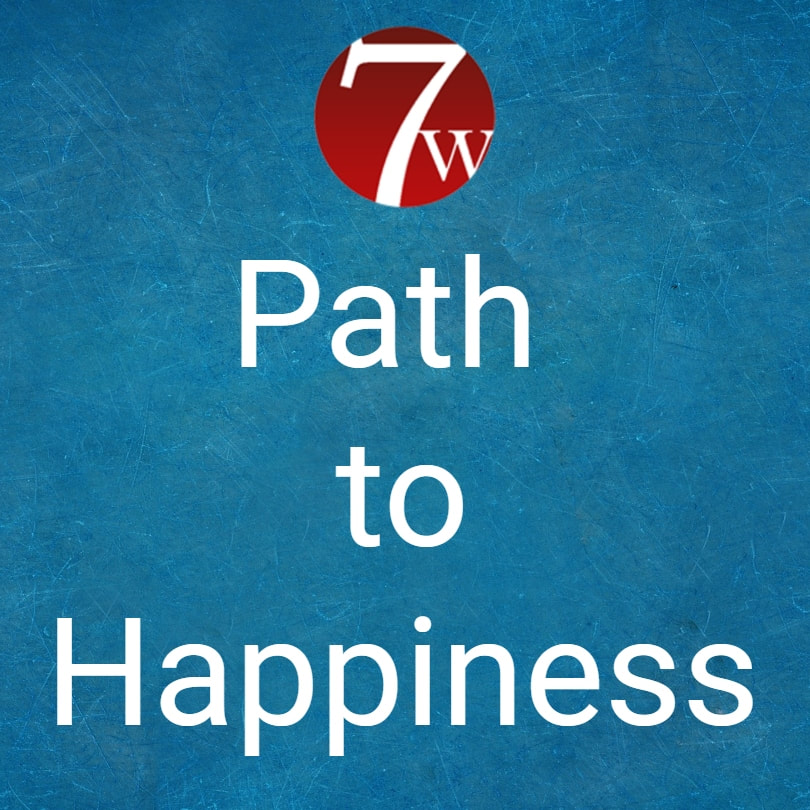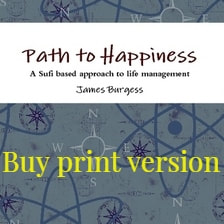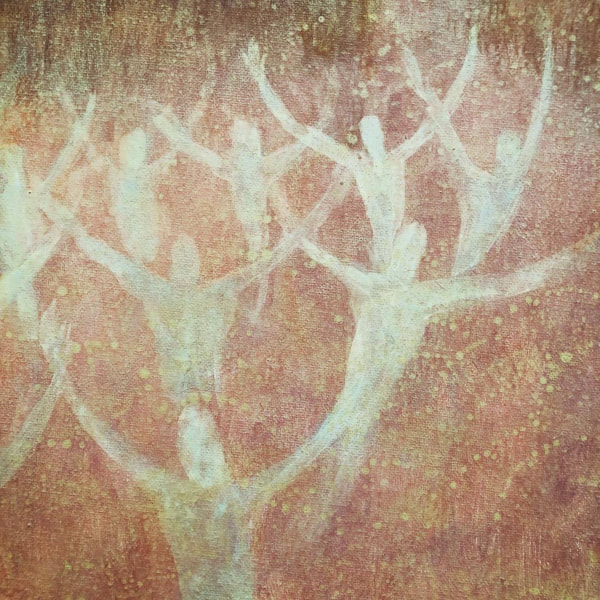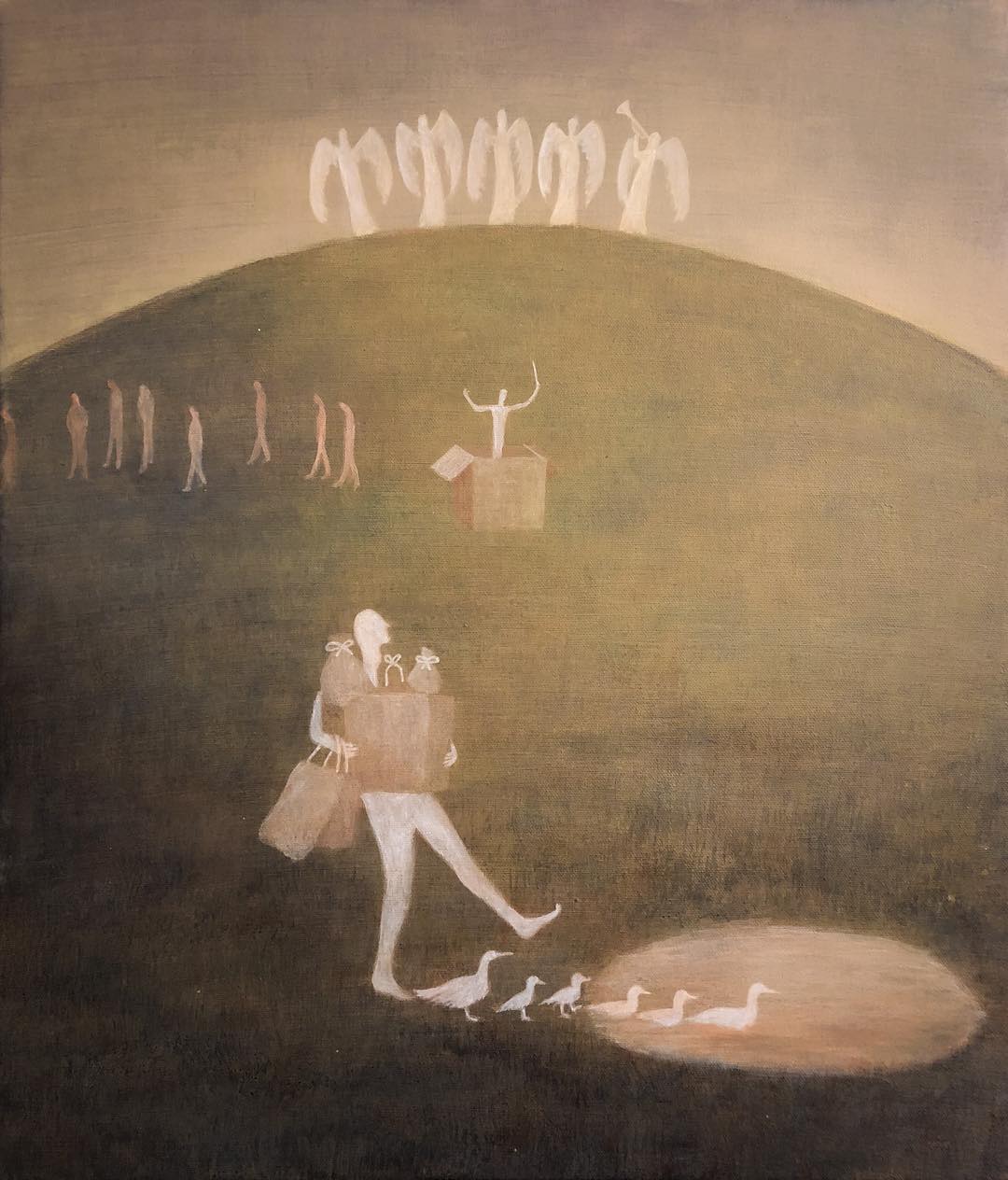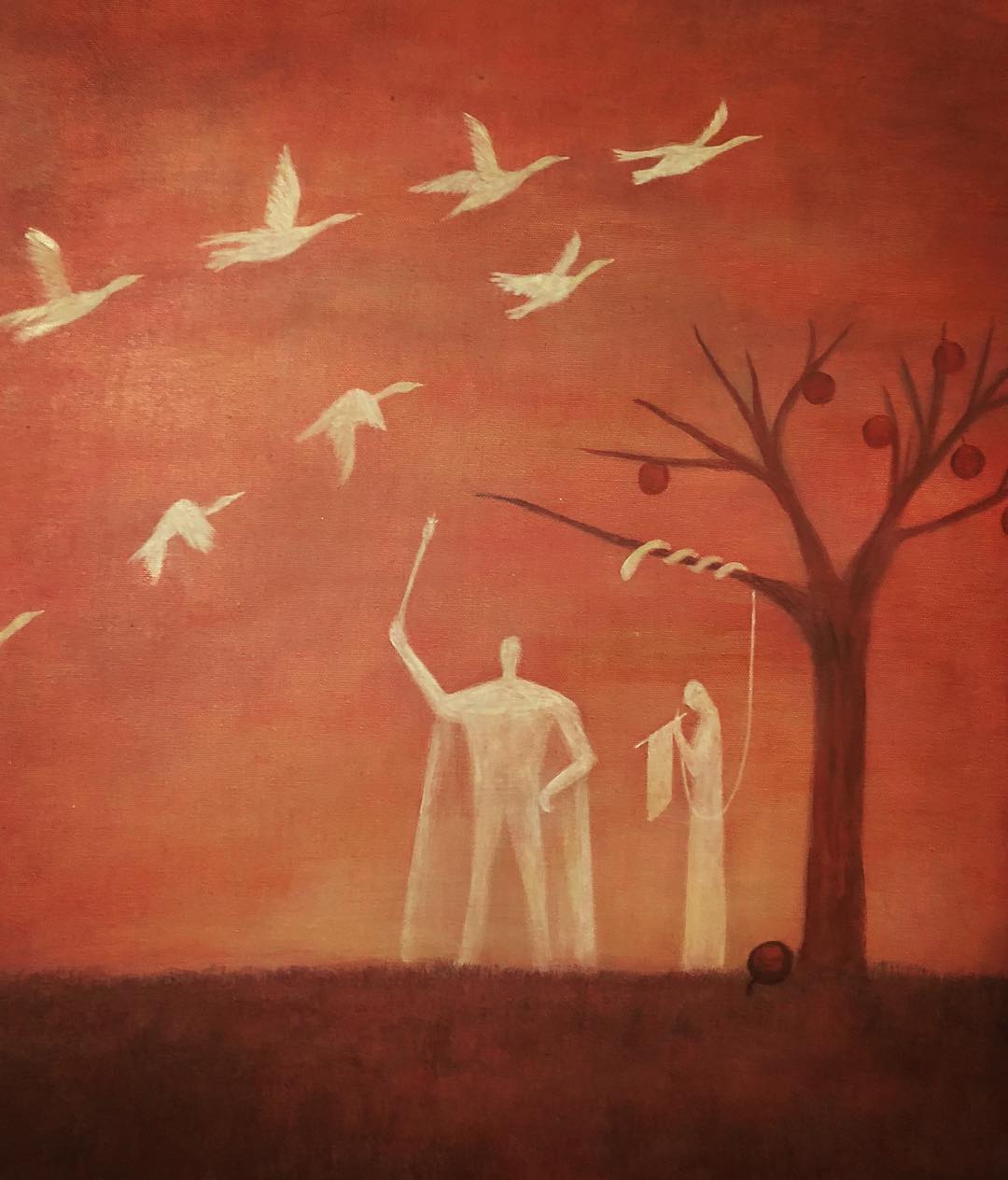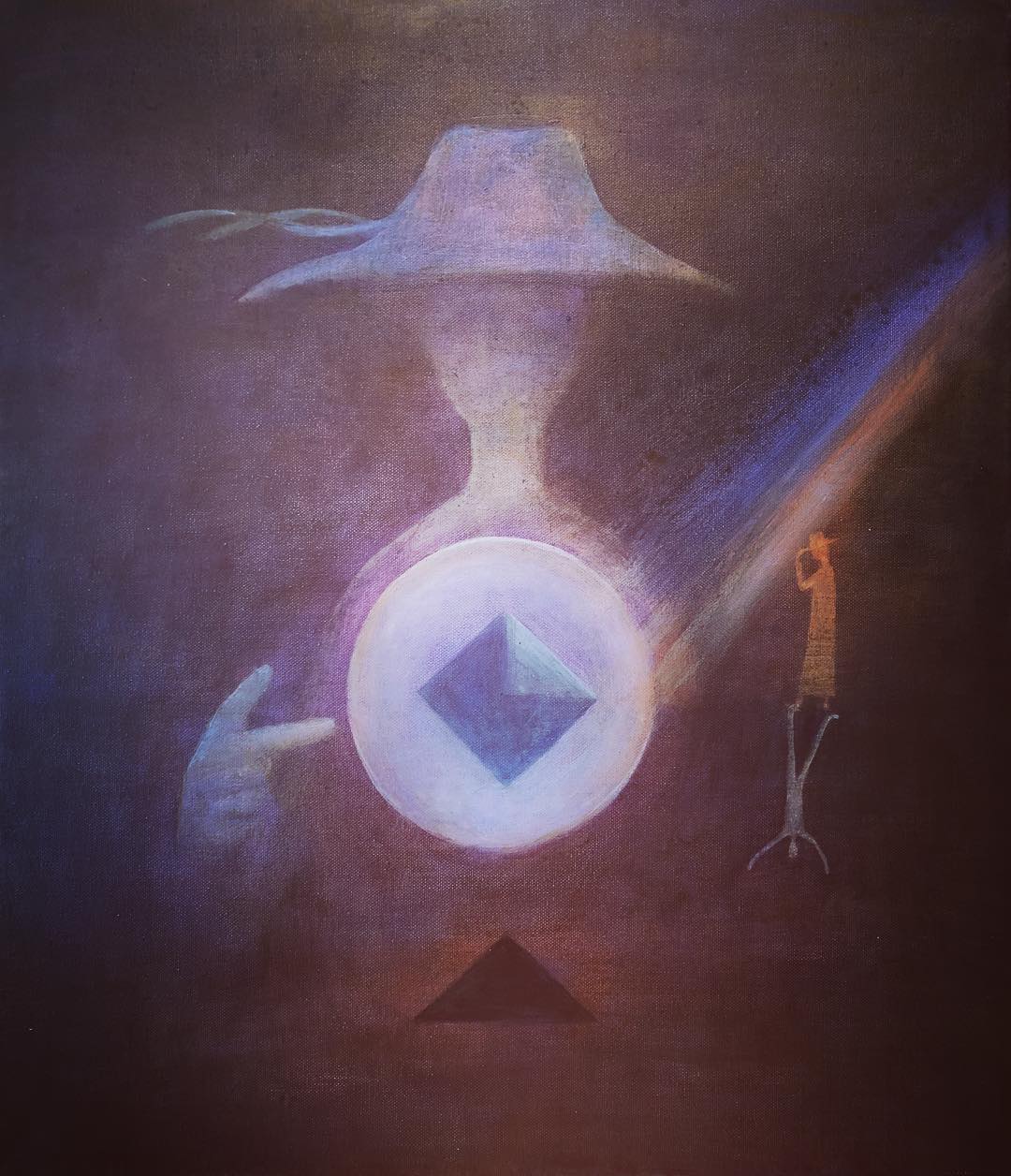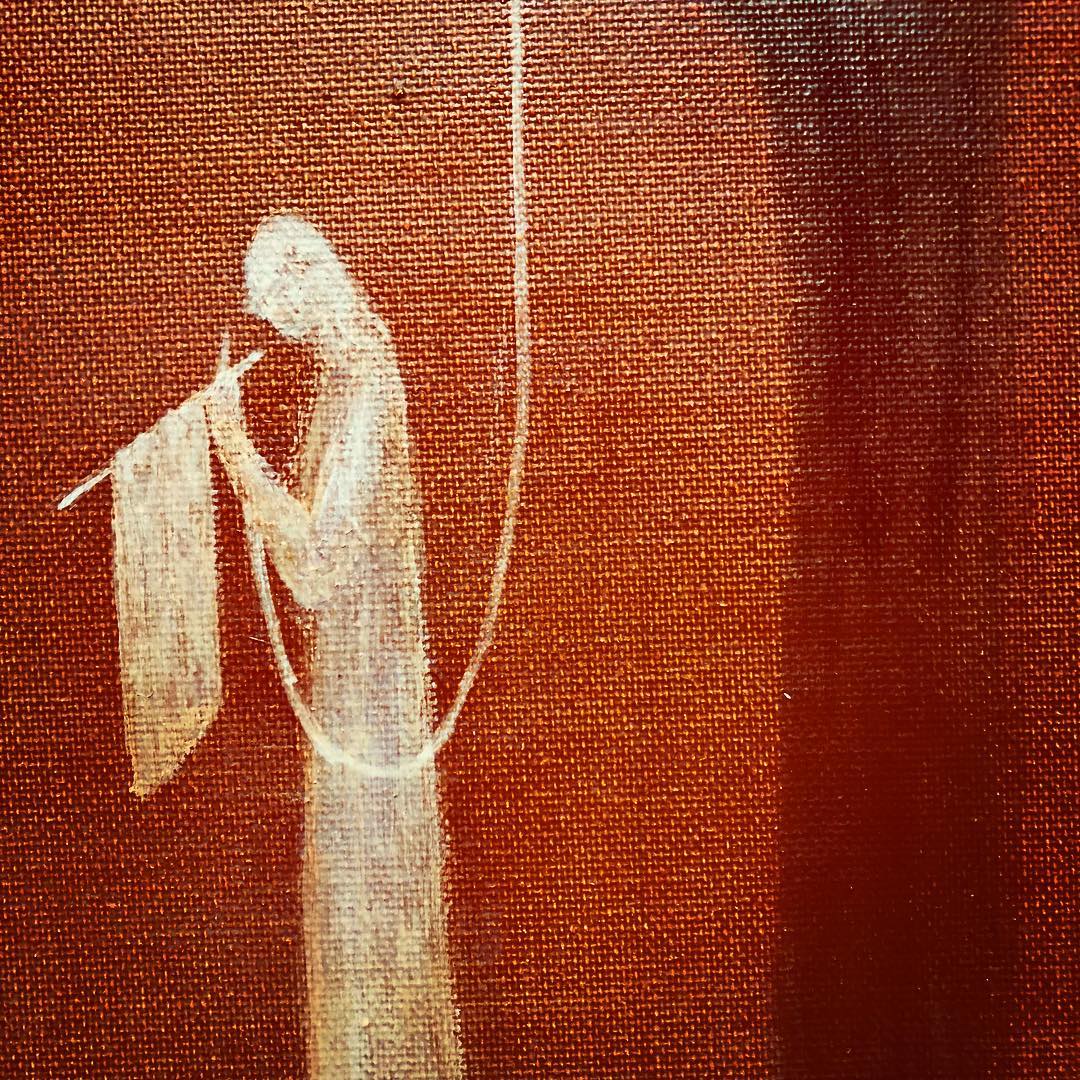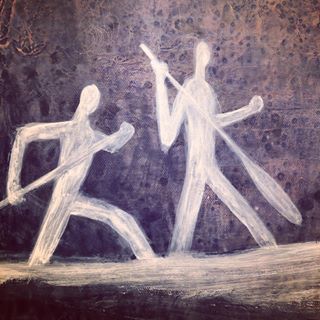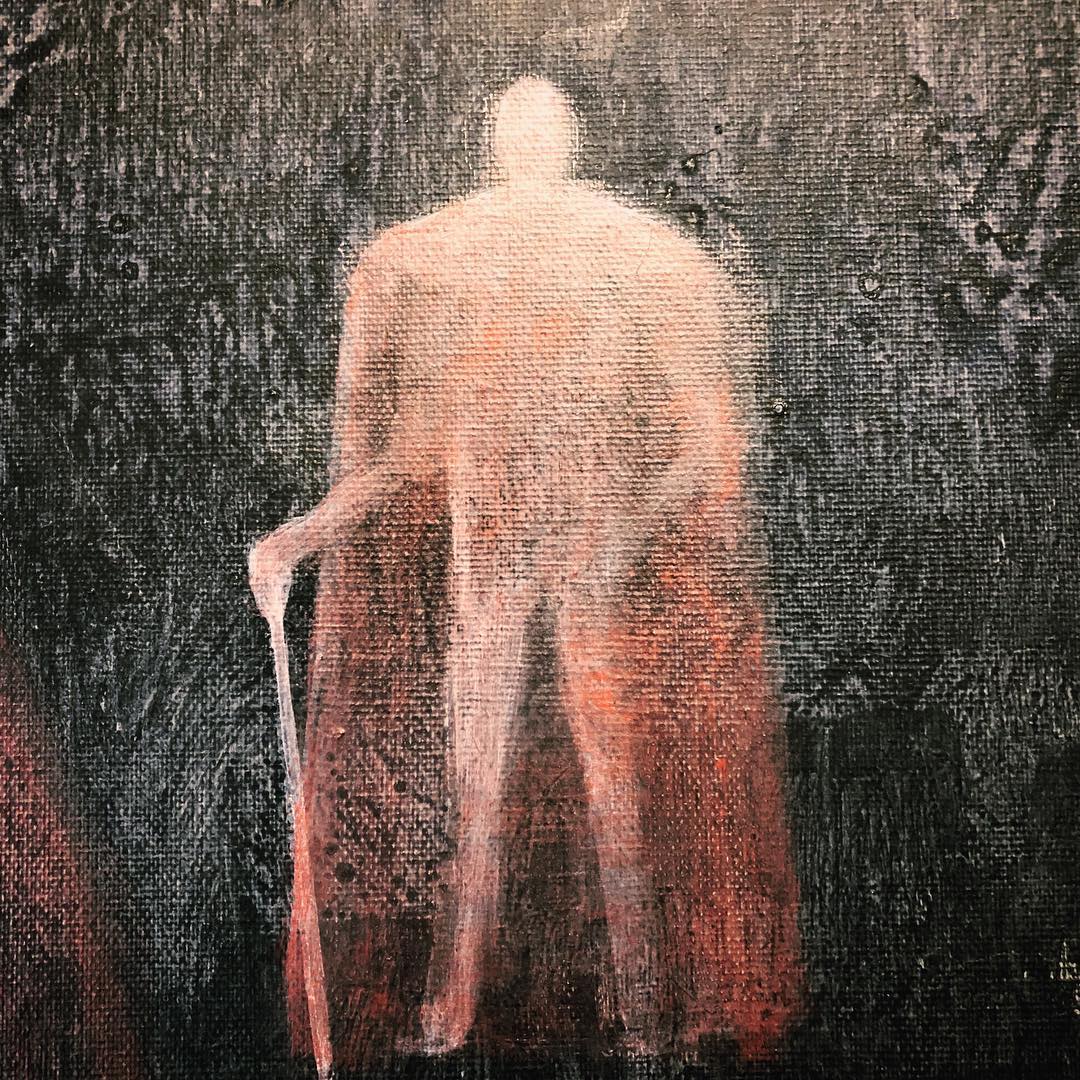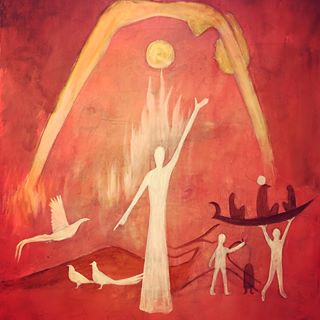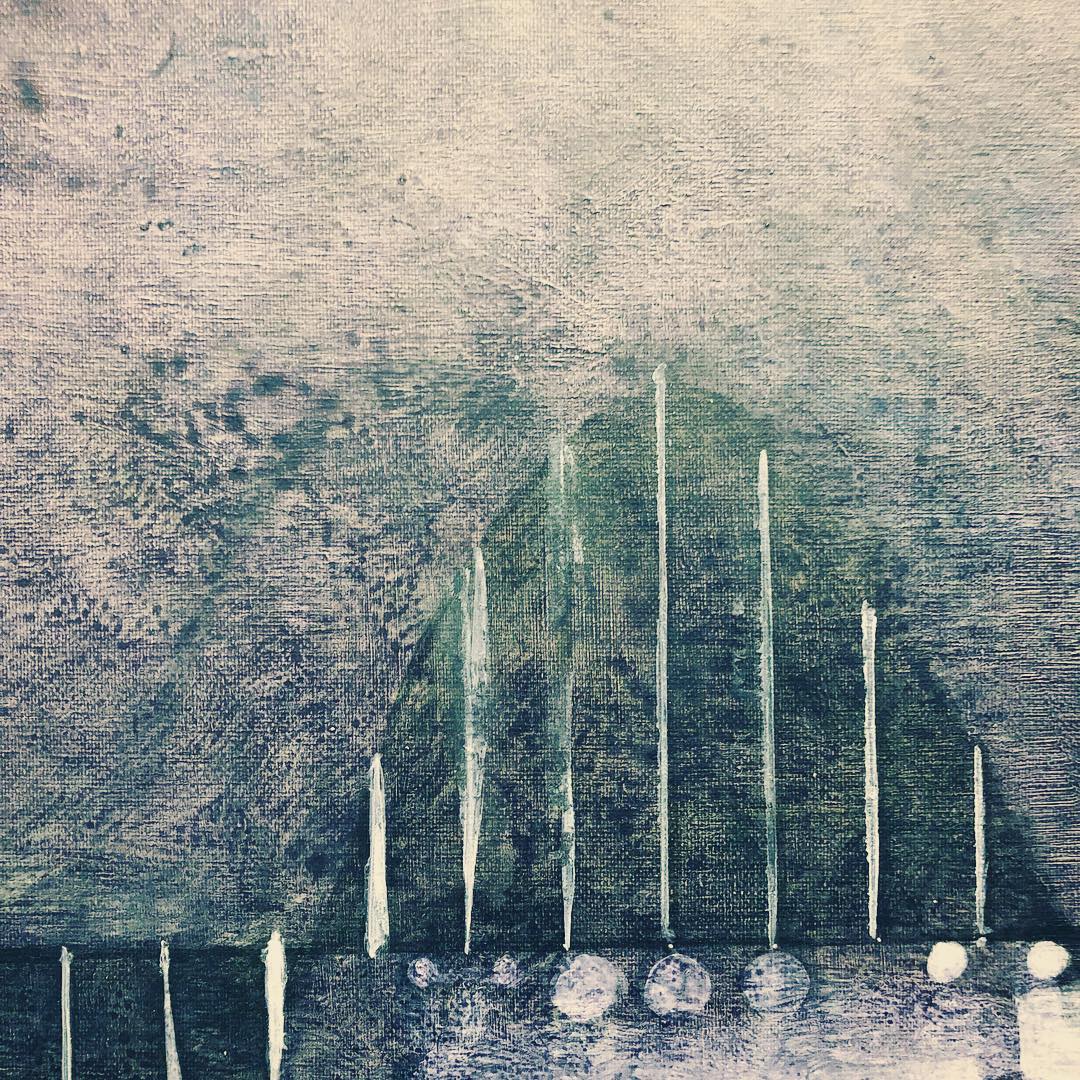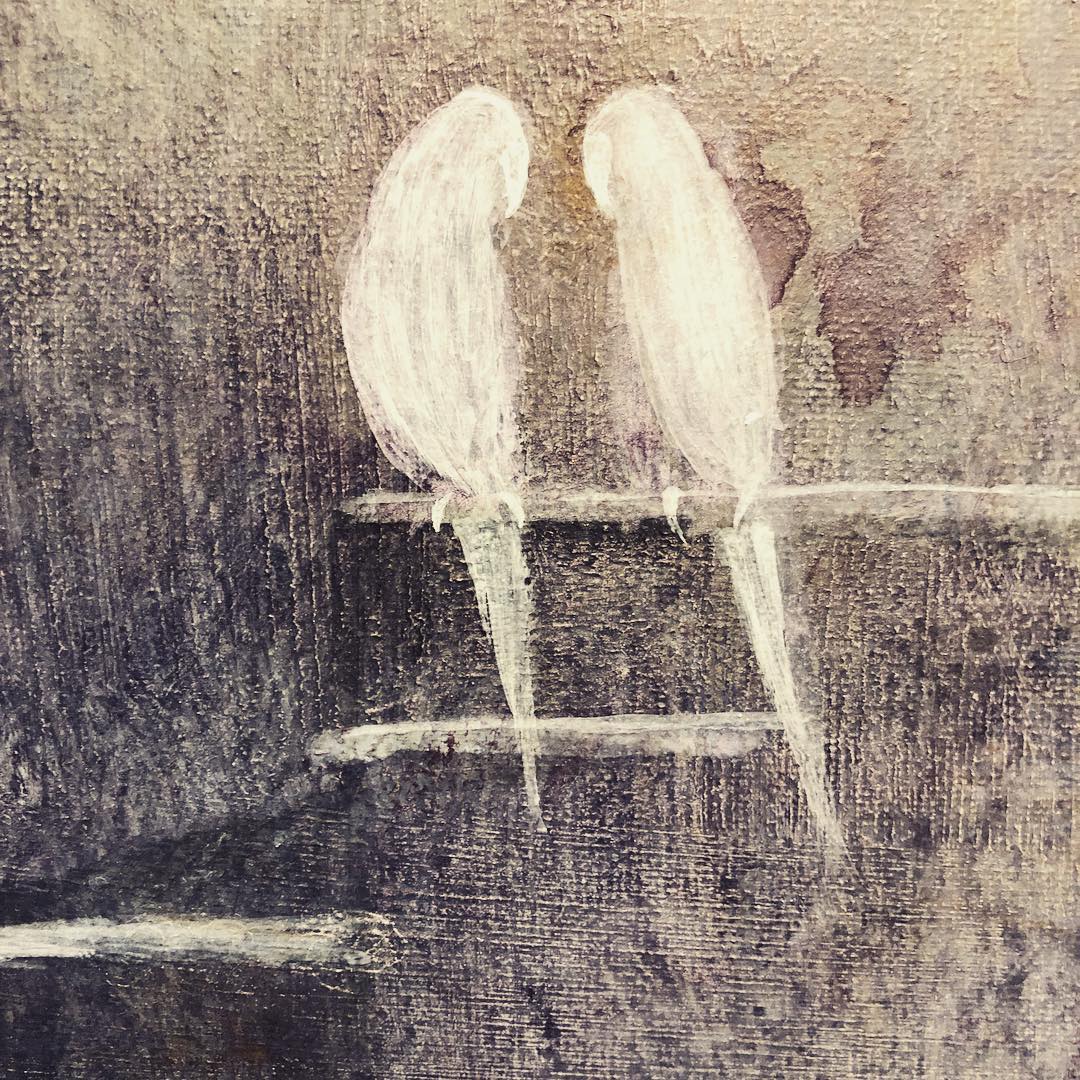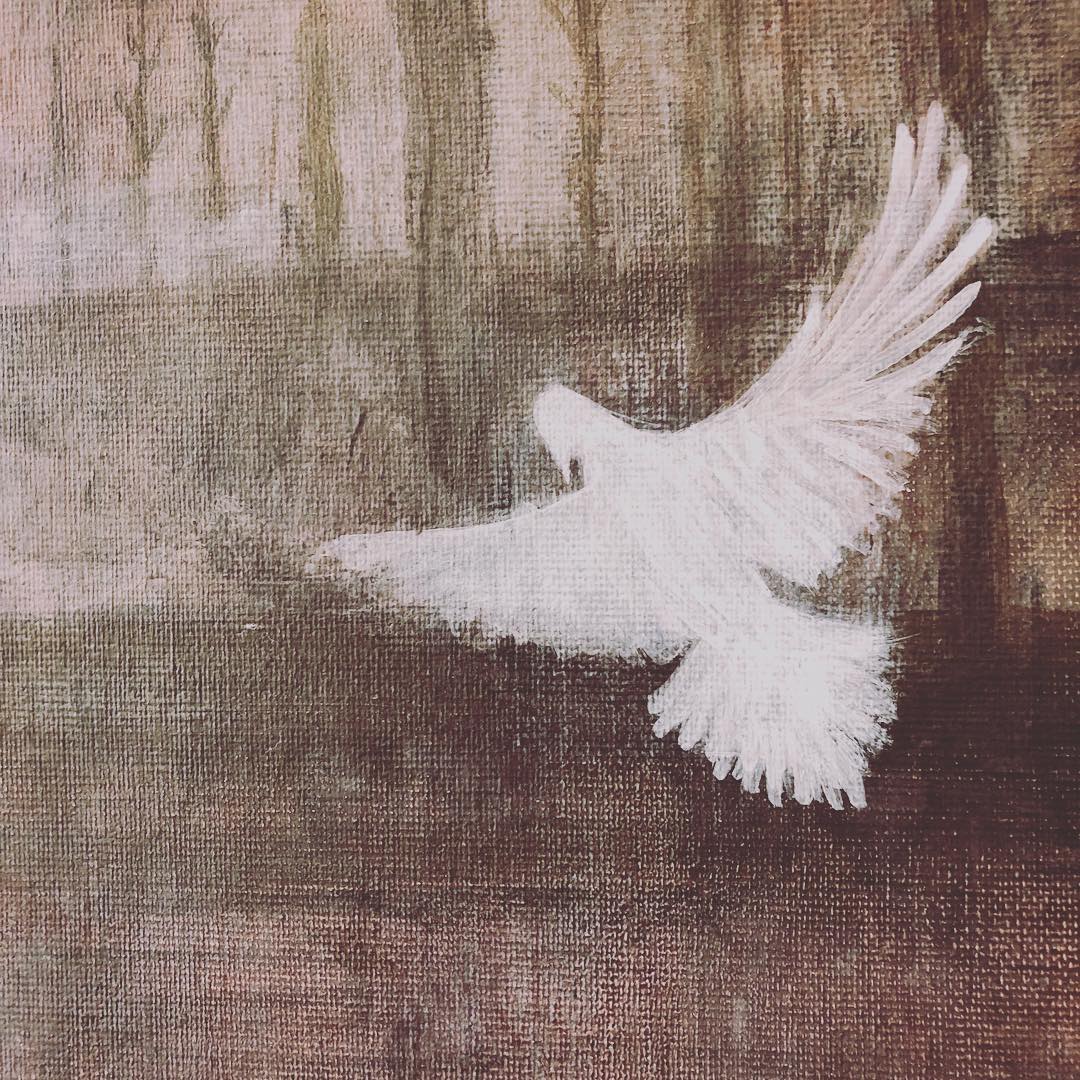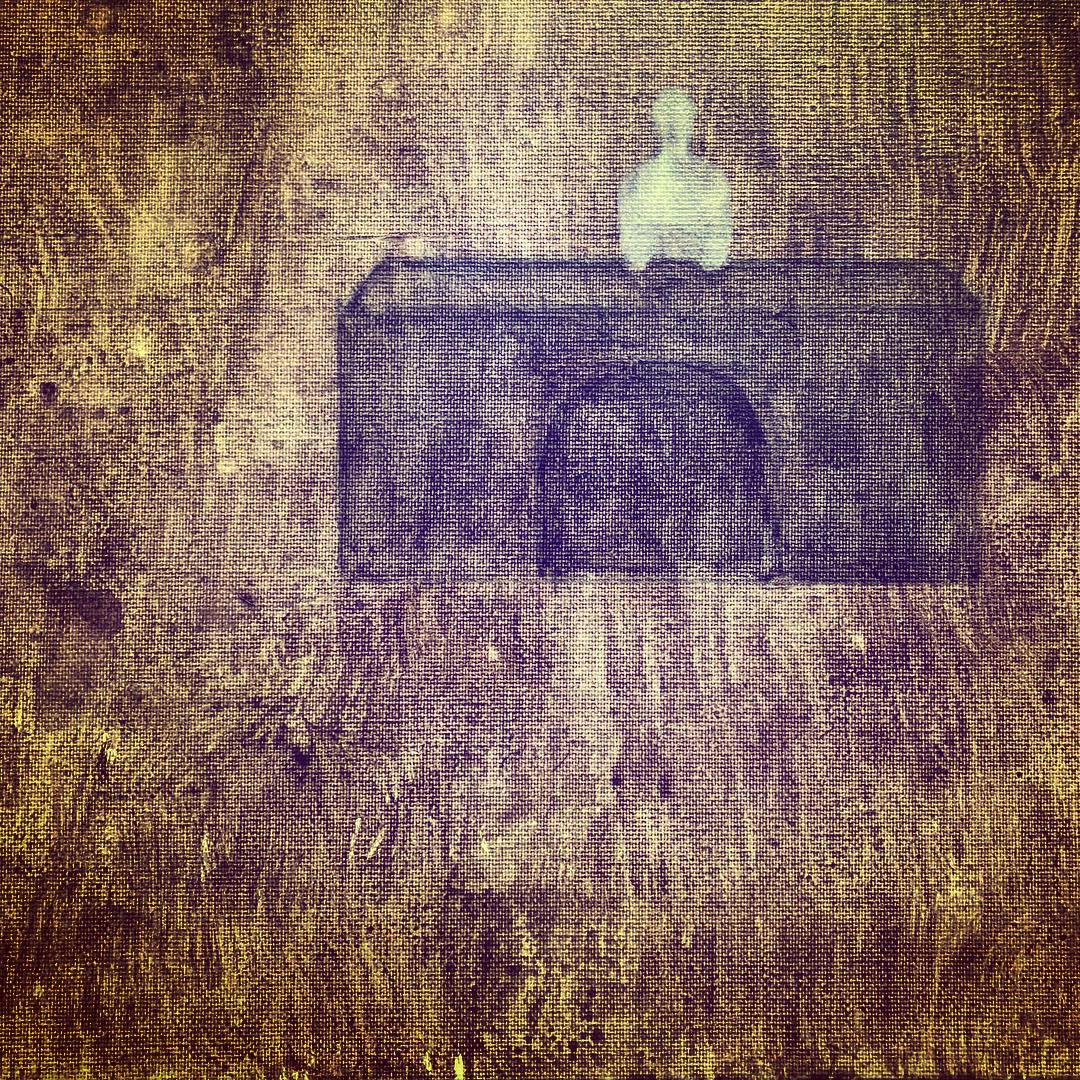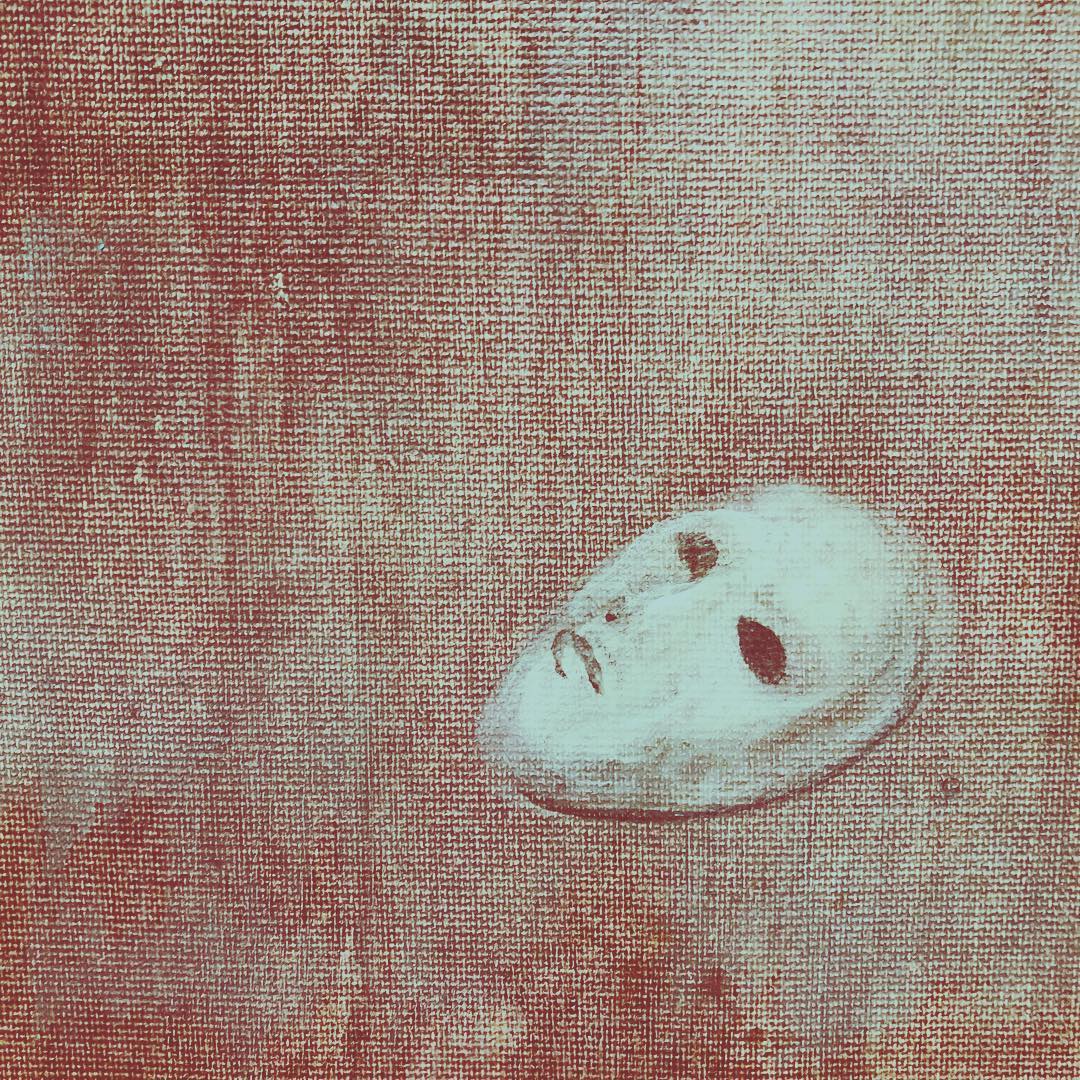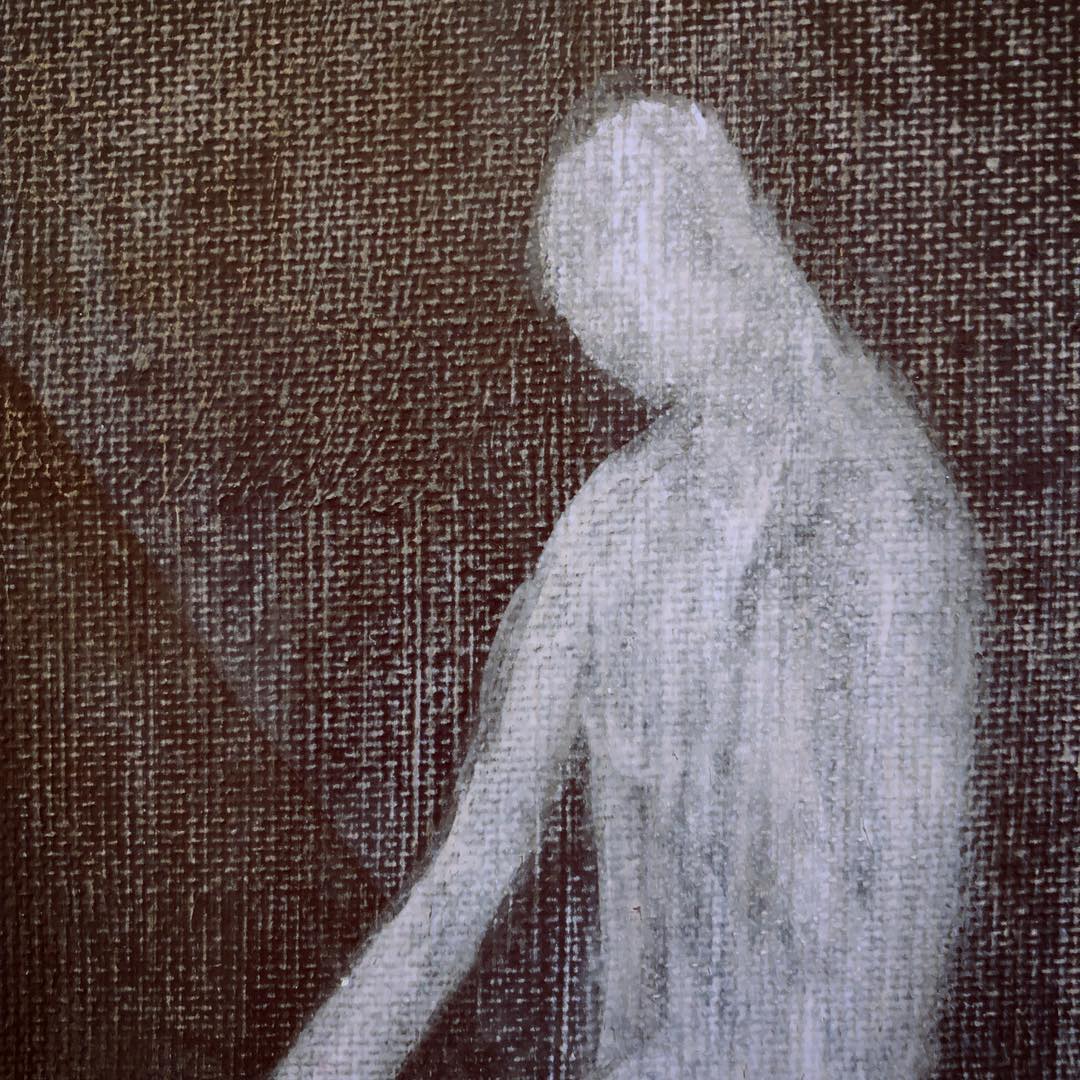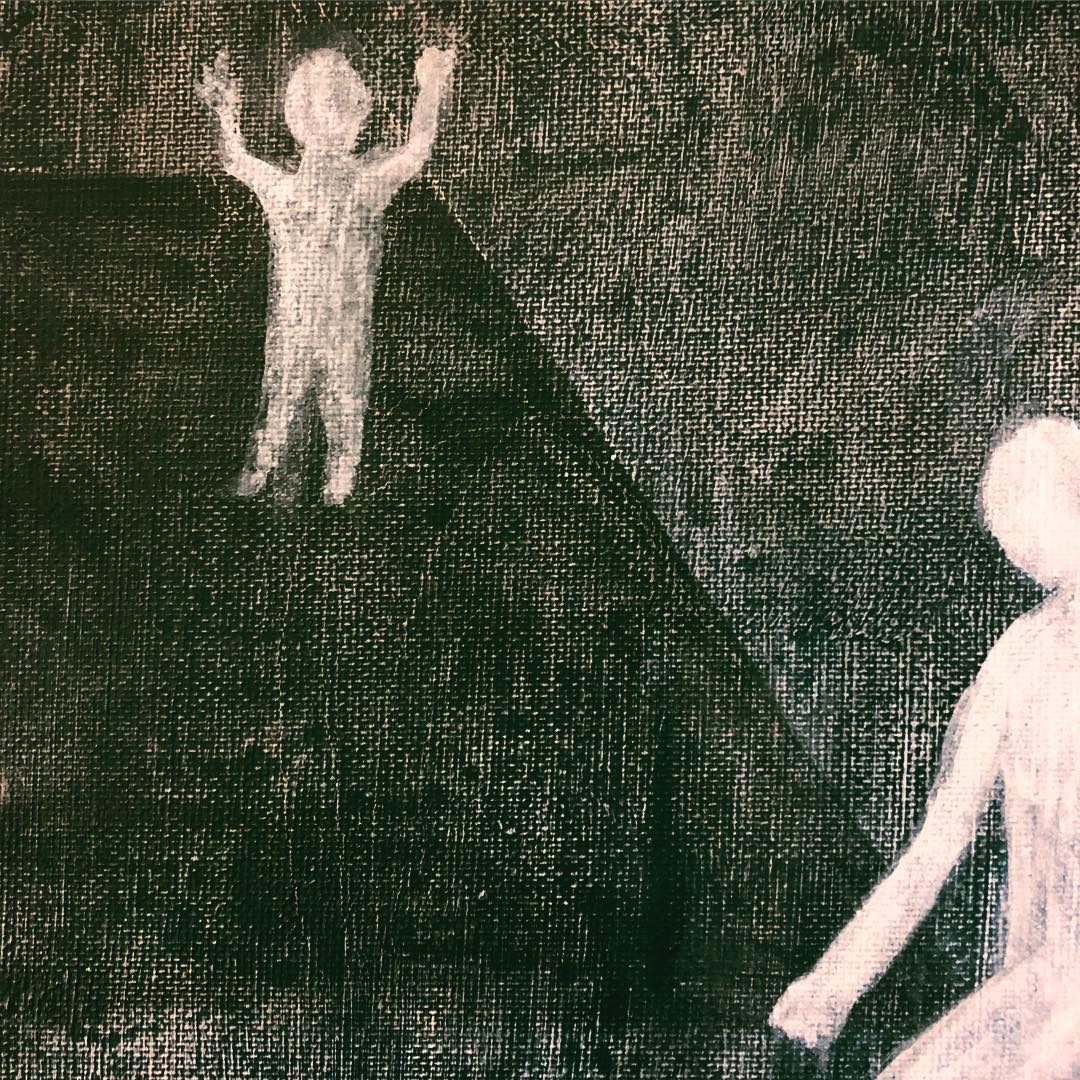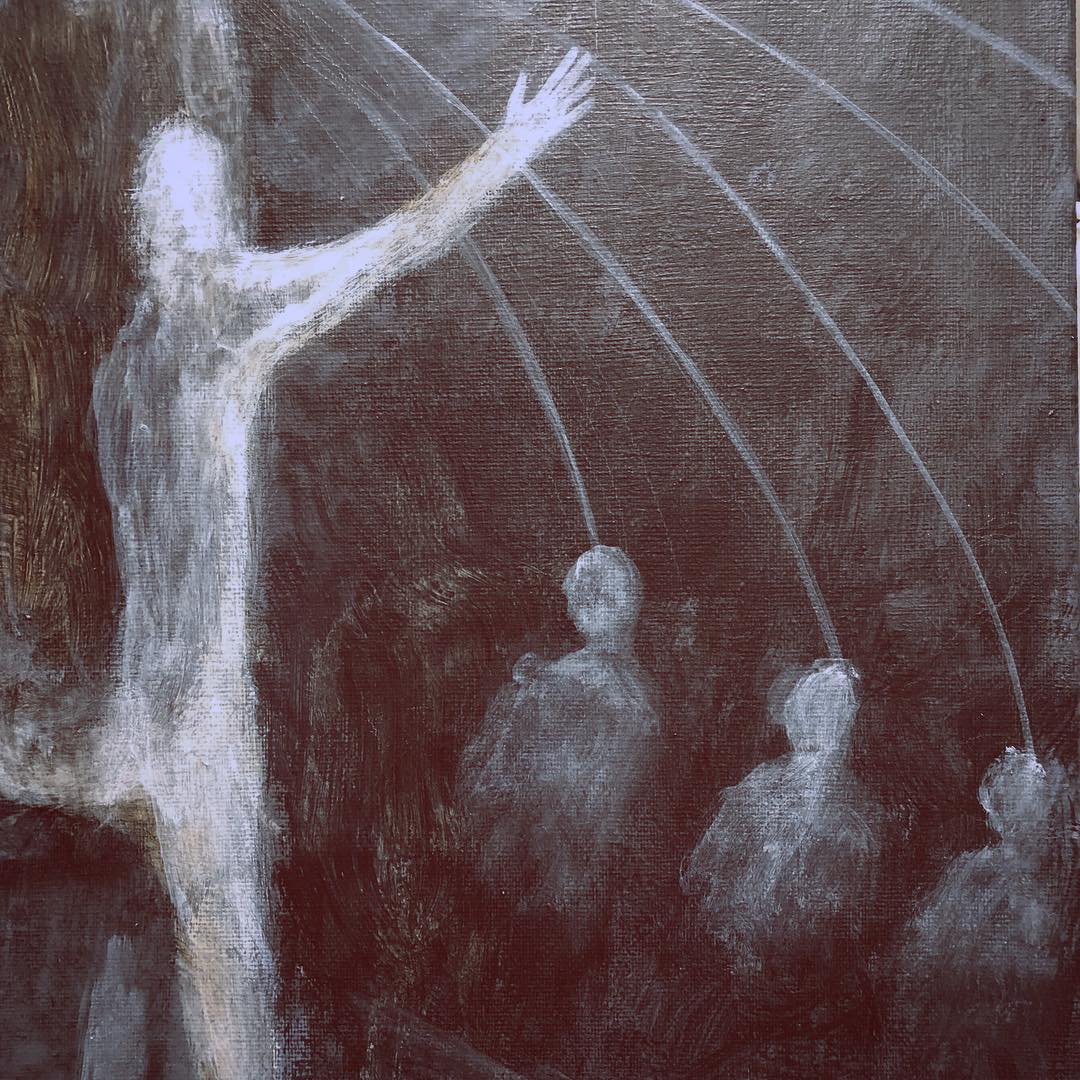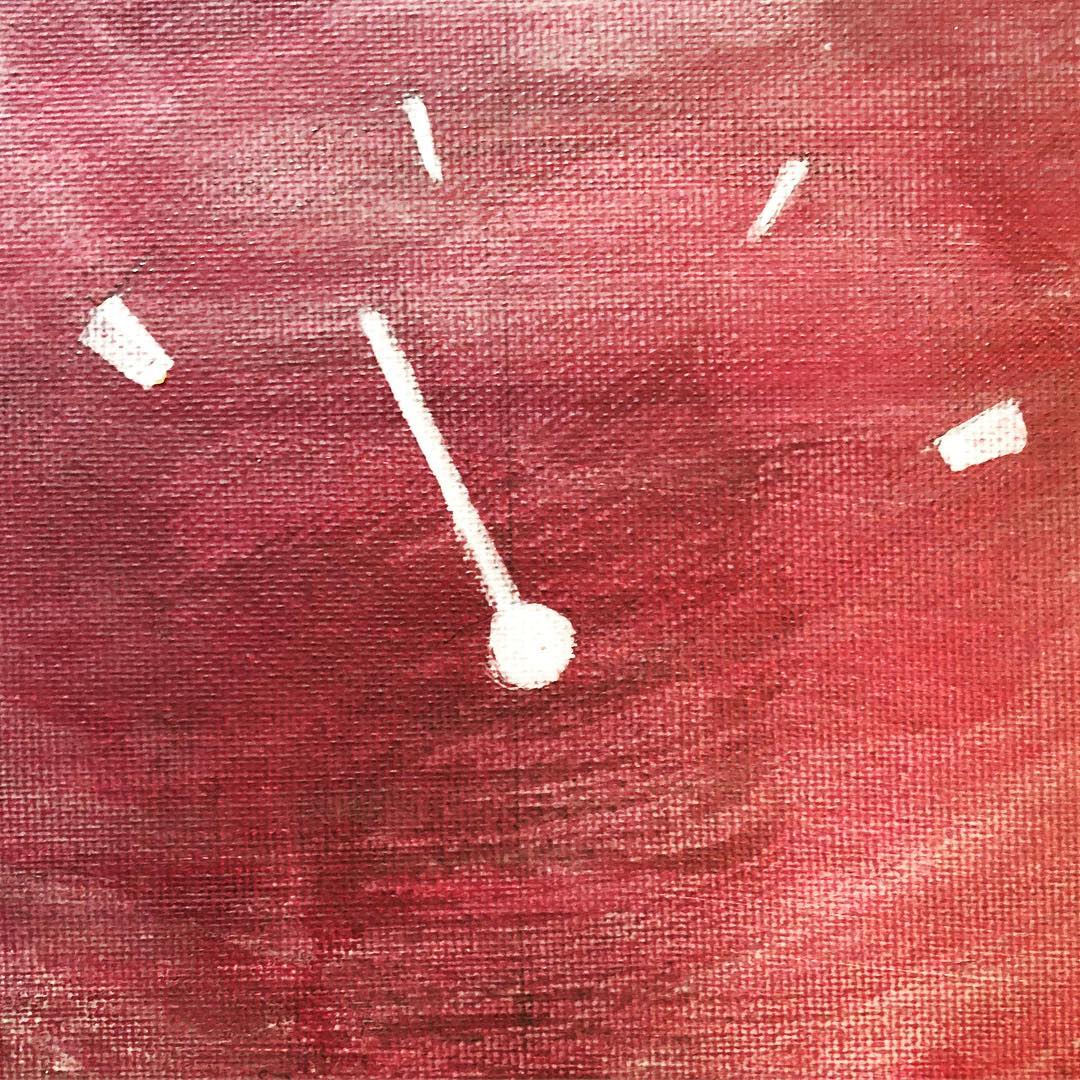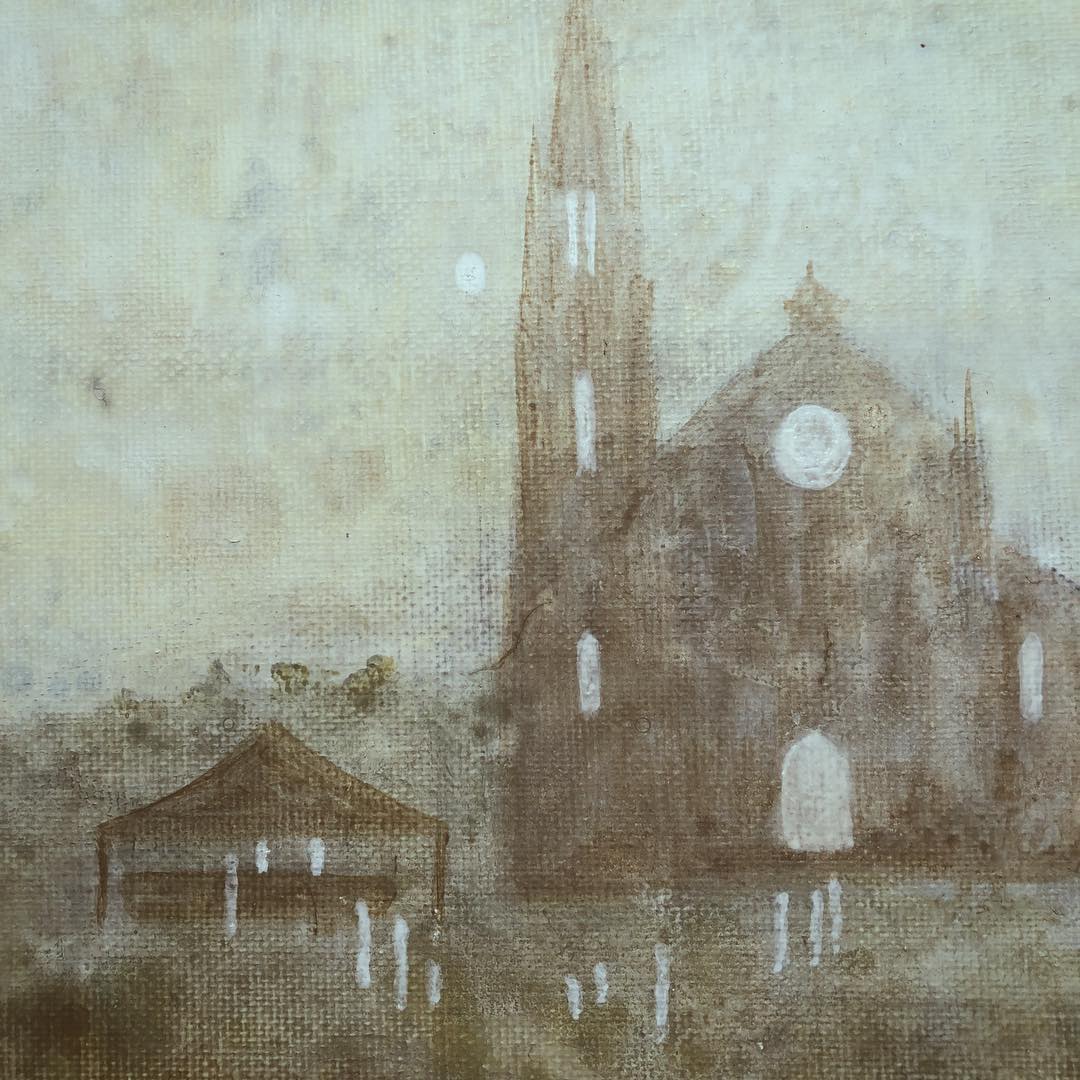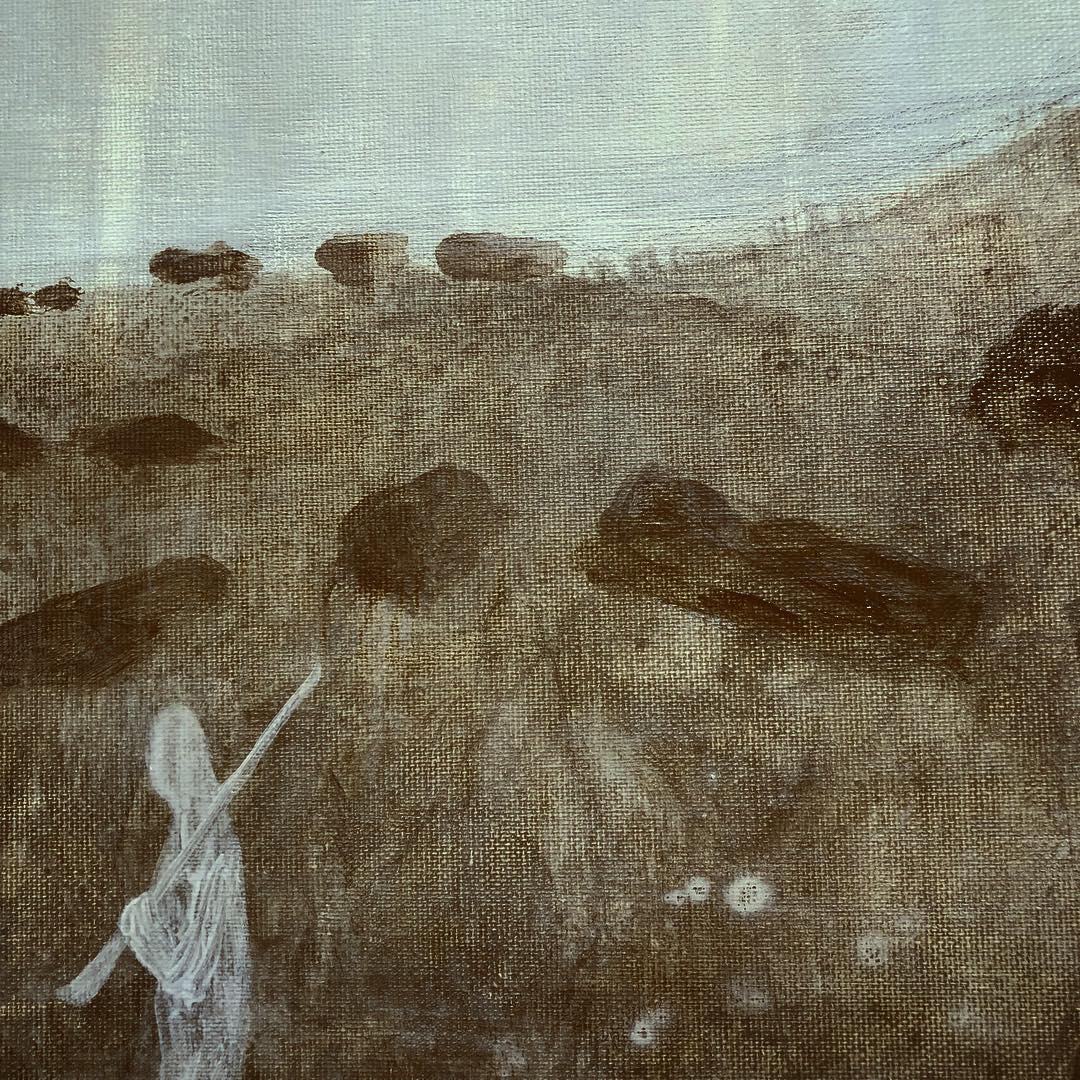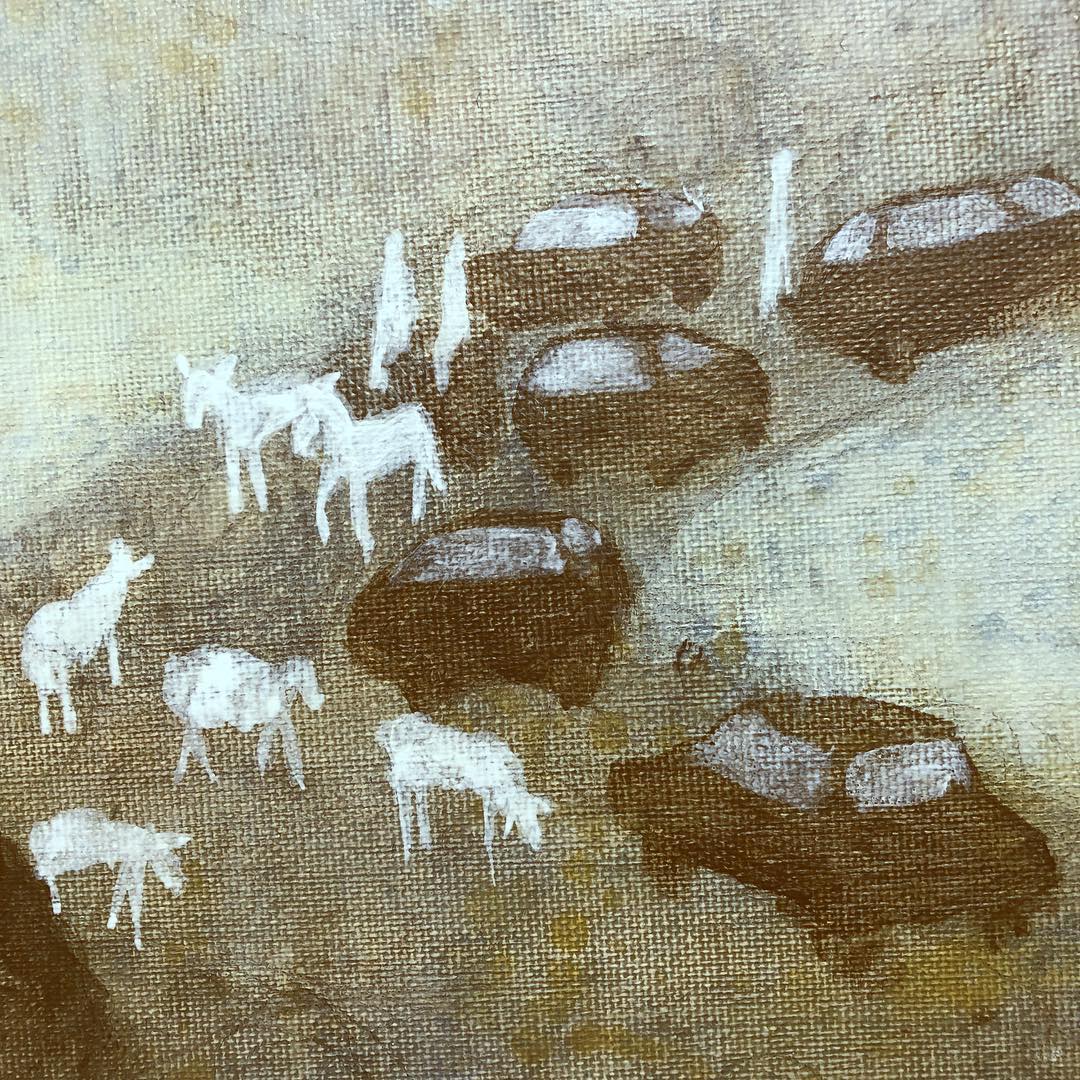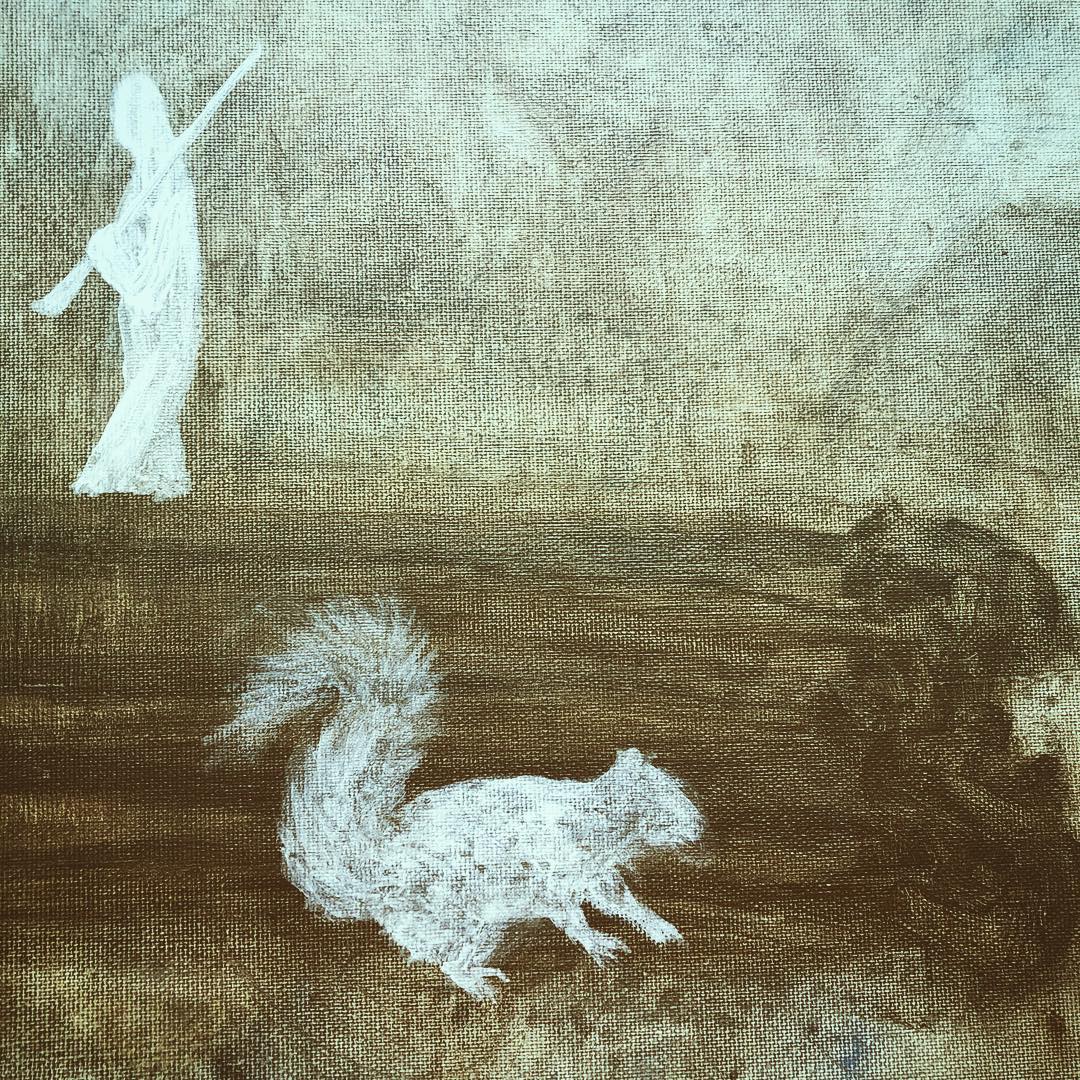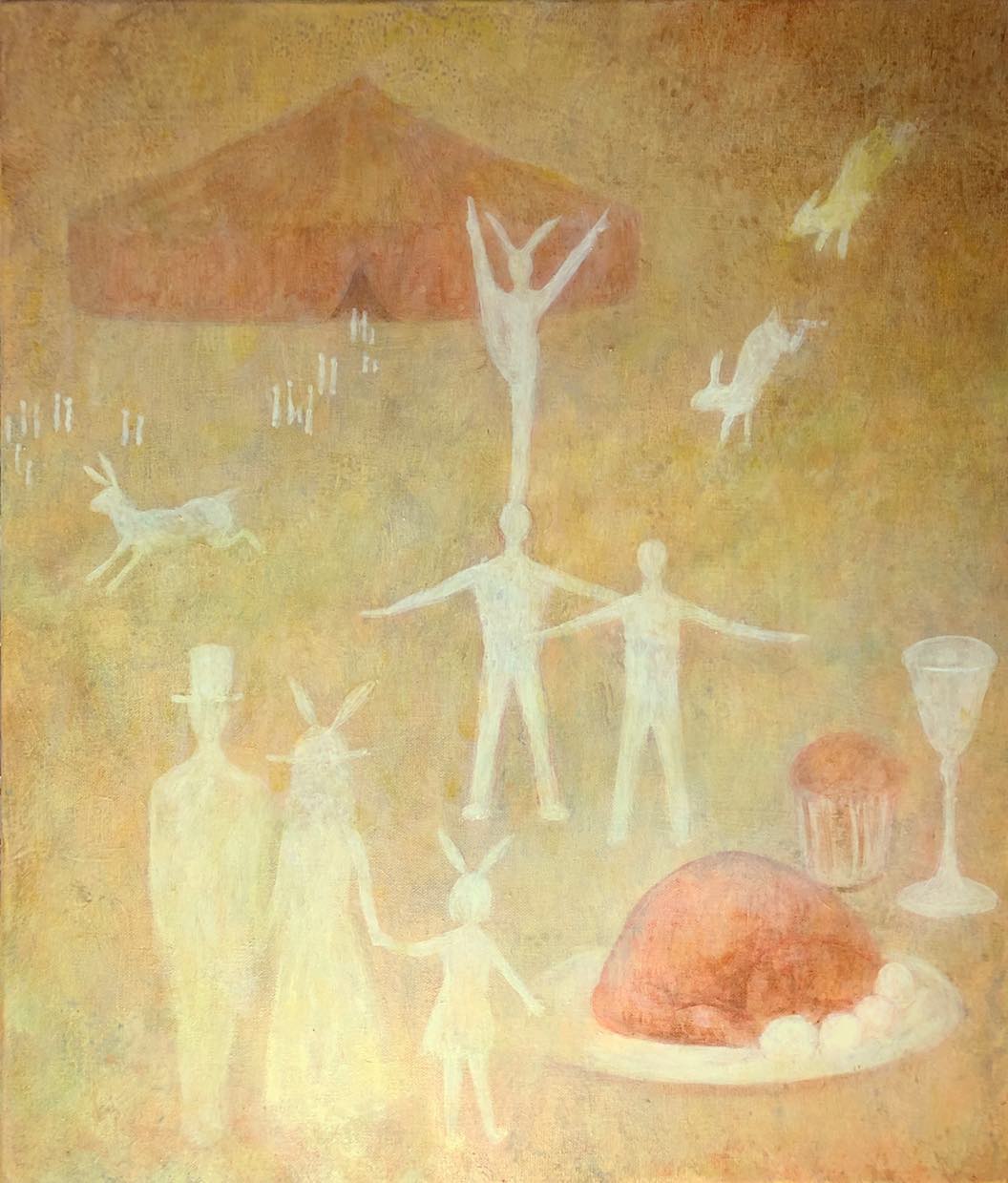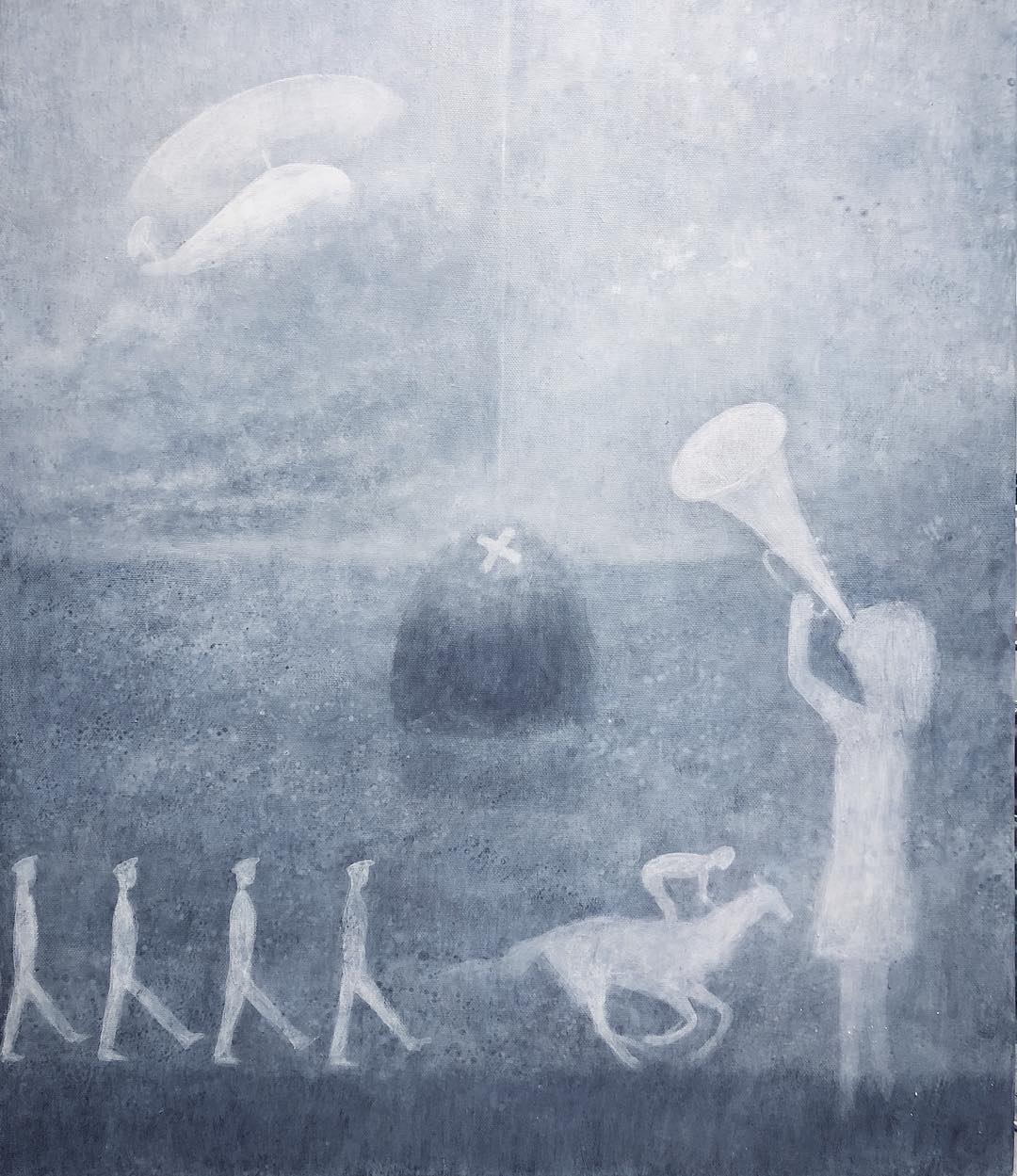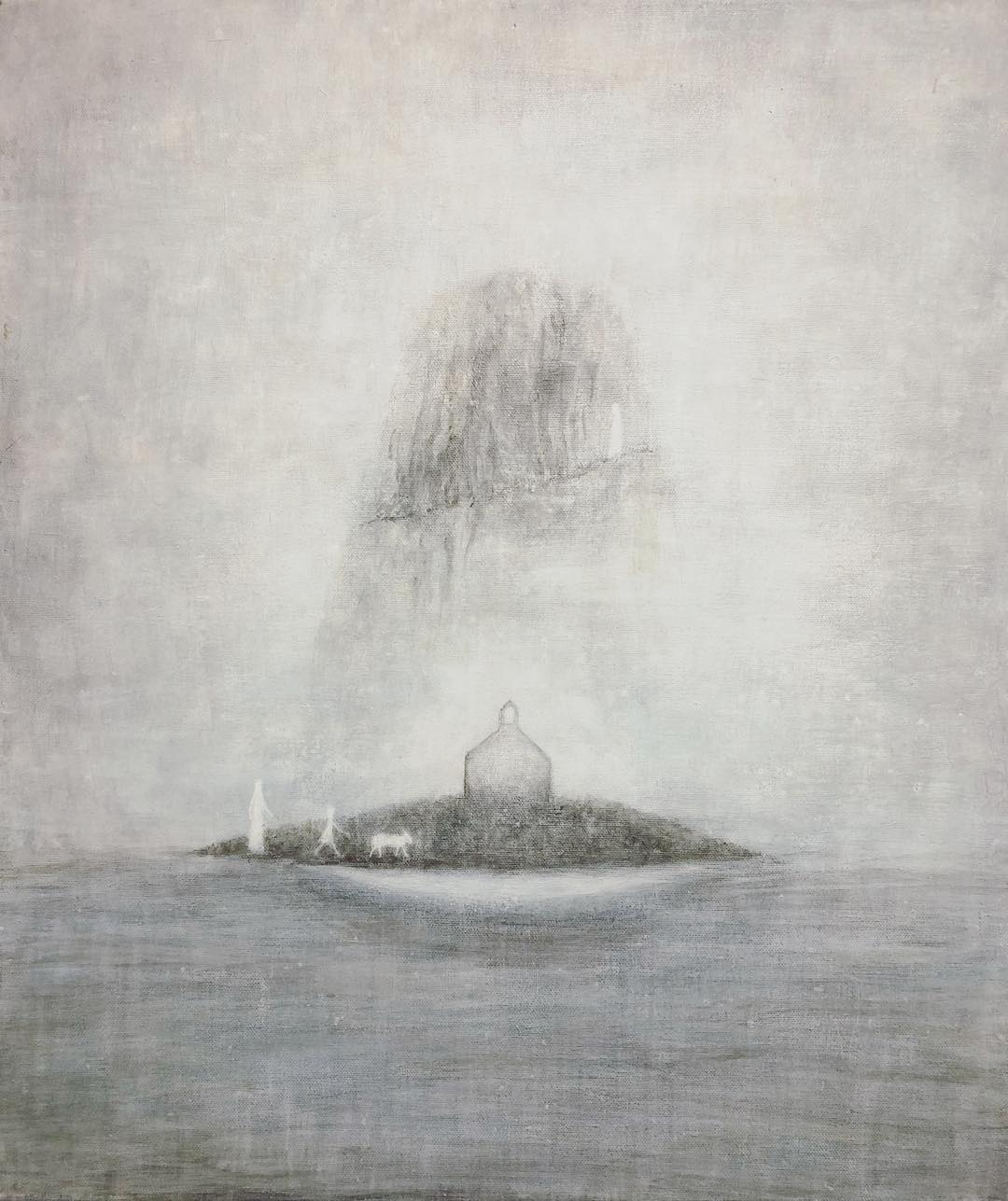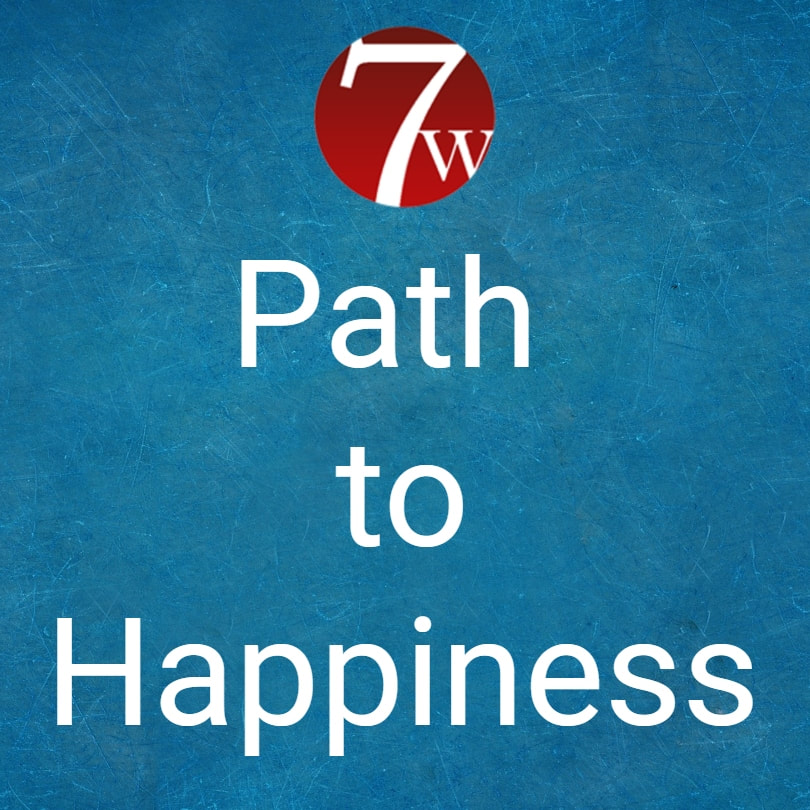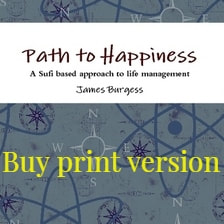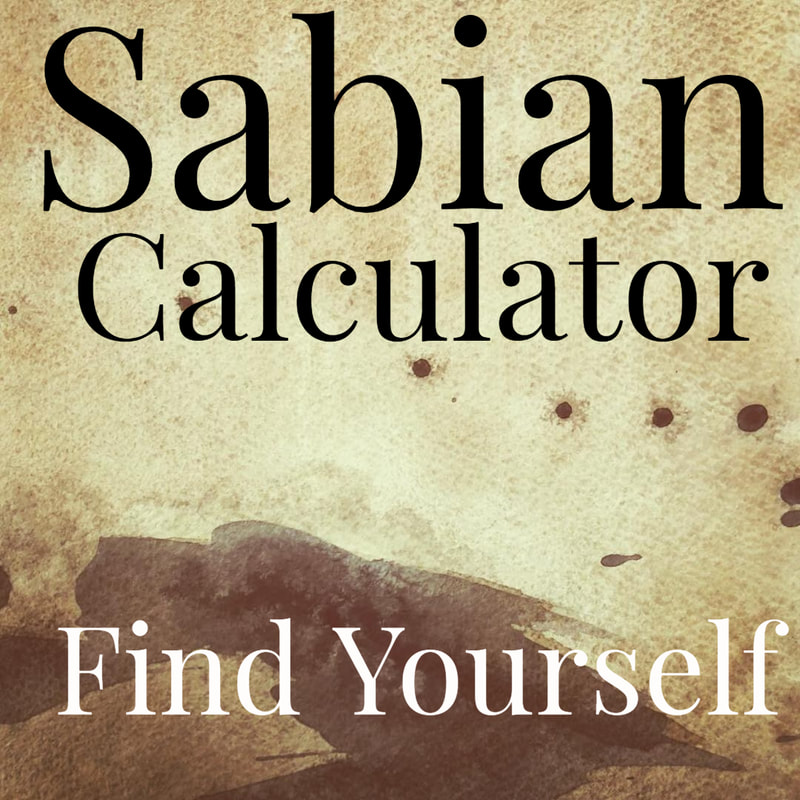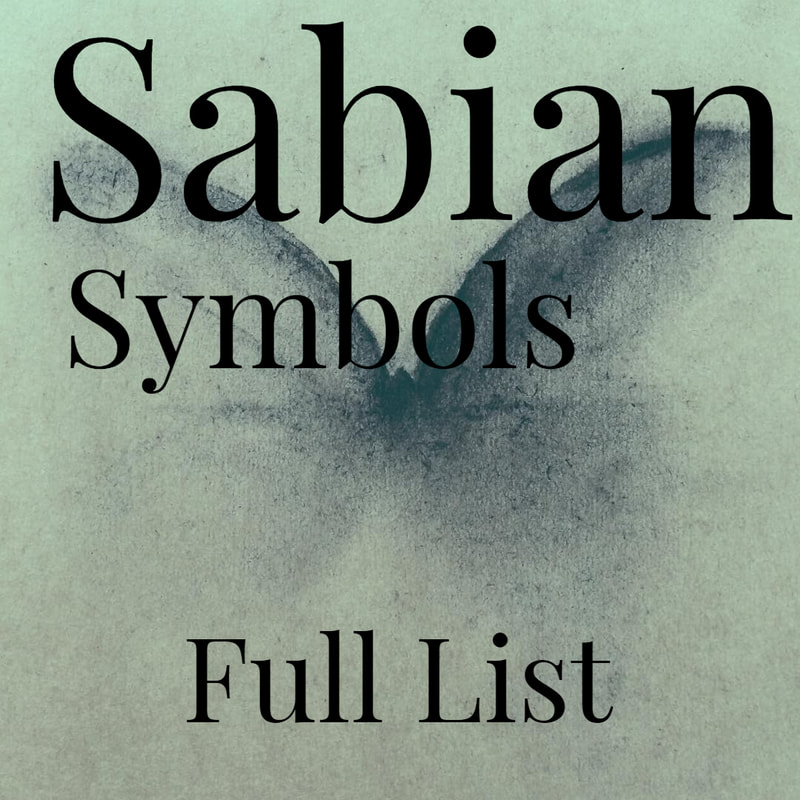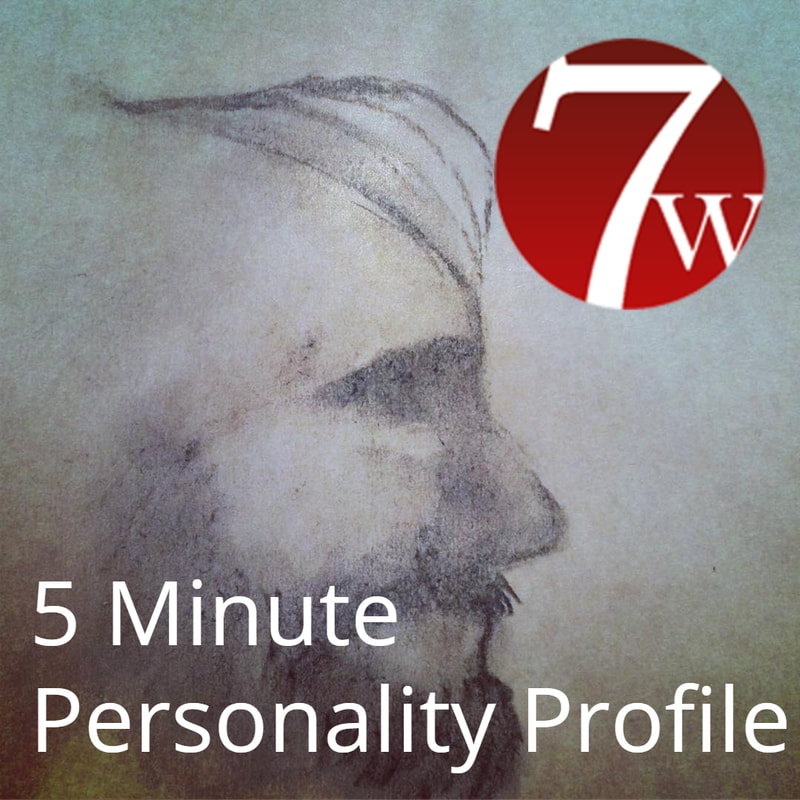Path to Happiness
RESPONSIBILITYA certain type of person welcomes responsibility – the responsible ones. It is these who are entrusted with important matters, who are relied upon to make decisions and complete tasks. They generally find themselves in the centre of things and respected, so they attract kudos and develop gravitas. The word is used falsely to allocate blame. Quite wrongly, phrases like ‘you’re responsible’, ‘it’s your fault’ and ‘you’re to blame’ are used synonymously, but these are quite different things.
|
Duty of CareA mature adult has a responsibility to respond authentically to whatever occurs. Beyond this existential duty of authenticity, we can add further obligations by giving our word to others or by deciding life principles. If we affirm kindness as a life principle, then we may feel we have an obligation towards a hungry beggar, whereas volunteer soldiers have responsibility to disarm enemies because they said they would. One saves a life, one takes a life, and both are acting out of a perceived sense of duty.
All of us at some point carry the duty of care, as parents, pet owners, bosses and lovers. In this role we extend the awareness of need beyond our own demands and take on another’s requirements to some extent. This trains us in ‘reflexive self-consciousness’ and this ability to see ourselves reflexively, from the other’s point of view, is the essence of spirituality. Learning how to do this is the task of a seeker because it is a necessary and sufficient skill to open up the doors of perception that lead towards full realisation. |
Greater Responsibility, Greater PersonIndeed, the journey from childhood to maturity is substantively measured by the responsibilities we accept and properly discharge. The more we take on the more we attract and, provided we do what we say we will, the greater the responsibility the greater the person. Properly discharging our responsibilities is a requirement of peaceful being. If we fail to complete upon a promise, then we lose integrity and cannot stand firm in who we are. The people we have disappointed will feel the right to question us and put on pressure to do what they want us to do. Then, pushed, we cannot easily be at peace.
In Buddhism, the teaching is to ‘carry the heaviest burden that you can comfortably manage’. Beyond this, responsibility is constricting. It is typical and sad that so many find their lives pinched – the boss is stern, the spouse is demanding, the priest is judgemental and even God seems annoyed with us all. This is not descriptive of excessive responsibility but poor boundaries. On the other hand, the complete absence of responsibilities leaves us empty and drifting through a meaningless life, because they are what holds involvements in place, prerequisites for any meaningful interactions. |
Are We Very Responsible?We can categorise three types of people according to their readiness to take on responsibility. Some grasp for it, some shun it and some are discerning. Those who grasp are mostly motivated by ambition or guilt perhaps even feeling that they can burn off lots of karma, receive accolades and collect a nest egg as they do. The avoiders can be selfish and pleasure seeking and, if so, not to be trusted. When discernment is introduced we have the one who says Yes or No by choice and after considering the implications of giving their word. They don’t want to raise unfulfillable expectations, which would lead to stress or disappointment.
Management training centres on how to deal with responsibilities. We are shown how to make job lists, practise tasks, communicate clearly, confront the unacceptable, accept the unconfrontable, and concentrate upon the matter in hand. Spiritual training does too. We are shown how to balance our own needs with others’, our lower self with higher, and life in this world with life in the next. What they share is the developing of our ability to respond to what occurs, by being highly aware of the external environments in which we express our internal motivations. |
We Create our Own RealityAt either activity the more advanced practitioner arrives at the very same secret, and anyway a truly responsible person masters both realms. The secret is that we are responsible for everything that occurs in our own lives. This is a counter-intuitive proposal. The esoteric explanation for it lies in that we create our circumstances out of three centres of being. We could call them the unconscious, the conscious and the super-conscious aspects of the psyche – equivalent to body, mind and spirit. This proposal requires our serious attention, and to validate its truth requires a stretch of our normal intelligence to include deep intuition.
|
Only God is Totally ConsciousThe unconscious, body-centred, aspect of intelligence links us to the animal nature, our species-lore, even planetary imperatives and whatever still lingers at a cellular level of our inheritance from the Big Bang and everything since. How can we even glimpse what that is? Only God has no unconsciousness, the rest of us will always have an area of unknowing yet nonetheless, to a significant extent, this motivates us and informs our decisions. The spiritual, super-conscious aspect of intelligence links us to the soul and its unique interpretation of how to be as God-like as possible.
|
Why We Don't Get What We ChooseWhenever our circumstances differ from what we choose consciously, it is because of misalignment between the unconscious, conscious and super-conscious aspects of mind. To align more closely we need to bring more intuition to bear as the soul’s voice and the body’s speak to us in their own mysterious languages.
|
Responsibility and FreedomSomeone who reaches an extraordinary depth of responsibility stands apart. They understand that self-responsibility is a requirement of freedom. Being offered the divine privilege of Free Will is the most awesome of all possible responsibilities. If we claim it we are free to create whatever we can imagine from out of our hopes and fears, and there are few able to hold this power without buckling. So most buckle down under the yoke imposed by those who claim authority. We are free of imposition only after having dealt fully with an existential requirement to take total responsibility for all our parts whether or not we understand what they are. Our ability to do so stems from the understanding that we create all of our scenarios ourselves. So whatever we direct our attention towards is necessarily our responsibility to deal with. One option is simply to observe it with no need to thrust; this is the option that Lao Tzu recommends in Taoism.
|
|
|
REFLECTIONThe difficulty we have in revealing this secret lies in two things. Firstly, we have been brainwashed into a belief in our own powerlessness, that we are subject to external causes, a frail impotent being in a terrifying world overseen by a ruthless God. Secondly, it goes against an even deeper illusion about the very nature of substantial reality itself – which is explained by Hindu concepts and Quantum Mechanics but poorly understood by the Western layperson. It takes faith, training, meditation and contemplation, usually in combination, to realise within what has been taught for thousands of years in the East and decades in the West – that the observer influences the observed.
|
Dead and AliveLeading-edge physicists and ancient mystics at last agree with each other in all but nomenclature, although the scientists are less ready to admit this. The reality in which we live is not as it seems to us – but to a mystic as to a physicist it is a field of energy in various forms and vibration, some beyond the perceptual capacity of normal people, which changes in response to an observer’s attention. Because of this it is not meaningful to say whether light, therefore energy, is a thing or a probability, a particle or a wave. Like Schrödinger’s cat, it is both dead and alive, material or subtle, according to what you look for. If you seek particle, you find particle; if you seek wave, you find wave. Didn’t Jesus say something similar?
|
Types of ReflectionLife itself is this field of uncommitted energy waiting to give form to express whatever it is we are looking for. It is nothing other than a reflection of what our mind expects to find, a mirror therefore. When we contemplate life we are doing the reverse process – moving from the external world into the world of mind. Therefore life is the reflection of mind and the mind reflects upon life; each is a mirror of the other.
Instead of investing our sense of self in externals, we have the option to become self-reflective. In this case we identify ourselves with our feelings and qualities more than our achievements in the world. This is not denying the importance of successful endeavours, not at all, but just taking time to recognise what they mean. |
Taking StockThere is a recognised practice in Sufism called Muhasaba, which carries the suggestion of embodiment of accountability. Put another way, we take a reckoning of our situations and notice how the body feels about them. Let’s say we examine our lives according to seven criteria and bring to mind our current situation and status – say health, social life, love life, work, creative projects, spiritual practice and adventure. We might record that all is well, except that life feels a bit old and dull instead of fresh with new adventurous possibility. What we do with the awareness is another question – but the awareness is priceless. Even if this is a little too formal, the wisdom is that life is our feedback system. From observing and contemplating upon what is occurring, we gain important clues about how to adjust our ideas and choices. If the lowly amoeba can adjust its direction when its intended path is unsatisfactory then might we not try the same strategy?
|
Comparing Things to One Year AgoAlso one helpful device is to look back to a year ago and remember what were our circumstances, feelings and attitudes then, and in what particular ways are we different now. If they are more or less exactly the same, then we perhaps might wonder why that is so? Is it because we have done nothing about being dissatisfied? It is part of our responsibility to optimise our own life through active endeavour and effort. The direction of changes or the lack of significant movement shows how well we are doing with this.
There is another dimension to reflection, which becomes available in meditation. This is a technique that allows us to access more subtle aspects of mind. There are many ways to meditate including for example mantric chanting, yoga and guided journeys – through them the mind settles into a calmer state, its grasping busyness at rest. Perhaps the most direct is the practice of watching the breath. We simply focus our thoughts on the physicality of breathing noticing the air movement, and its effect upon the body. When extraneous thoughts occur we return the attention to the breath. |
Rewards of MeditationThe ability to do this develops with practice, and very few beginners slip into it immediately, yet the rewards are worth the effort. Because of the principle of resonance it is certainly much easier to meditate with others.
We find that, briefly at first and later for sustained periods, we can touch another world of perception. The gross mind, the monkey mind, is mercurial and shifts like the wind unless we find the discipline to concentrate. In meditation the ‘subtle mind’ reveals itself when the grasping mind is at rest. It is always there and functional but its voice is so quiet that it remains unheard until the monkey stops chattering, which it almost never does. Perhaps just before sleep or quietly in Nature we can touch into this state of mind. Normally though, an experienced mediator can access it very quickly by changing their focus of attention and breathing rhythm. |
The Fog ClearsThe gross mind mostly seeks to project fantasies upon the outer world, or analyse matters so that reality is circumscribed by definition and compared to what is known. The subtle mind doesn’t do that; it observes with peripheral attention, not concentrating on the detail but allowing revelation of the whole picture, thus seeing the hidden connections and patterns of influence between things. This alternate mode of perception is centred in peace. There is no excitement, no desire or curiosity; it is beingness. Over days, months and years the deepening builds and we find that the benefits are truly remarkable. In normal daily life the mind becomes untroubled, clear and open; situations resolve quickly and easily and whatever we take on is more straightforward. The time it takes to realise our desires tends to shorten, yet the availability of time itself expands – contradicting those who complain they have not the time to sit still for twenty minutes each day. Without effort or intention such feelings as anger, resentment, anxiety and confusion soften, then slowly drift away. What also occurs is that we see the way things really are in life; the fog clears.
|
ContemplationContemplation is a related function of mind and arises out of meditation whenever a thought is intentionally introduced to the subtle mind. The thought itself comes from the gross mind but is gently planted like a seed into the subtle mind so that new insights can be revealed. With familiarity of this process we can learn to employ the subtle mind rather than the analytical gross mind to facilitate our understandings. This is especially important when the subject of our contemplation is not always suitable for analysis and left-brain thinking, such as questions of spirituality, relationship and feelings.
|
RECTIFICATION
|
|
Guilt and Blame are WrongLet us be very clear that this action is self-serving and therefore legitimate, it is not meant to be a way to ease guilt. Guilt is always wrong, so is blame. Whatever is done out of either of these two motivations will create a worse problem than we are trying to address. This viewpoint is only controversial among the blameful and the guilty. One of the main distinguishing features of a truly spiritual person is that they have renounced these two horrors of existence, which are fear-based religious control devices. Both guilt and blame are to be ardently avoided no matter what social inconvenience arises as a result. We make amends in order to rectify our error in acting insensitively to another’s needs. This says nothing about our worth as a person and does not relate to questions of morality at all. It is the normal behaviour of responsible people, clearing up after themselves.
|
Reading the SignalsThere is a very good chance that we don’t notice that we have acted insensitively – this is exactly what insensitivity means. Whenever we impose upon another they always give off signals, unfortunately they tend to be subtle and ambiguous. A mature person is one willing to be responsible, therefore more sensitive, and this willingness inclines us towards learning how to read the signals.
Reading can be quite an art. At one end of the spectrum we can read into how North Korea is feeling vulnerable, unappreciated and judged by the international community; their response is to send a signal in the form of a nuclear weapons programme. At the other end we no longer feel quite as warmly welcomed by a shopkeeper who dislikes our new nose ring because his own daughter happens to wear one, a gesture against his strict parenting. |
Escalation of MisunderstandingsSignals take many forms and how we respond to them makes a life-defining difference to who we are. Too often there is escalation – the international community makes North Korea suffer poverty through economic sanctions, and the simple nose ring becomes emblematic of dissent rather than beauty and is joined by a few other pieces of body metalwork and some intentionally ugly tattoos. These responses are misinterpreted of course, and escalation worsens, even beyond redemption. The necessary atmosphere, which softens suspicion towards trust, is created when genuine apology is met with real forgiveness.
|
Forgiveness and PeaceFollowing 911 only 2% of Americans thought that their government’s foreign policy might have contributed to the attack; 98% thought there was no US responsibility. This seems very naive to non-Americans, but it’s surprising how very few people accept that what happens to them is explained by what they did before. If the US was an enlightened person not an imperial force they would have responded very differently to the attacks.
At a very advanced degree of realisation, a person can use forgiveness to make things right. Instead of seeing forgiveness as a way to excuse someone’s bad behaviour, we can see it as an energy form, which radiates from a particular type of person, and whose effect is to soften resentment and anxiety in others. Generally a peaceful person is forgiving; a forgiving person is peaceful. So we see that forgiveness promotes peace, is an aspect of peace, and in fact a pre-condition of it. |
ApologySo basically, whether ‘right’ or ‘wrong’, we need to look out for signals and take action to reassure and recompense. Do we have the responsibility to ensure that we are not misinterpreted? An evolved person will think so and, knowing that others could be less capable of sensitivity, do their very best to be non-provocative and properly understood. Also they apologise easily when needed: ‘Sorry I did it, it won’t happen again and here’s a bunch of flowers’.
|
ReparationsThe bunch of flowers is important as physical evidence of sincerity, their value being both symbolic and intrinsic. Sometimes a gesture is enough, and sometimes there needs to be value compensation. Whether the reparation is enough to rectify the issue can also be read within the signals received in response. If these are unconditionally relaxed and warm then there is little doubt – otherwise there may be a need for discussion, a chance for the aggrieved party to vent their feelings, from which further understandings may arise. This venting could well test our patience and depth of humility.
|
RELEASE
Twin Aspects of BeingThe measure of how shocking and distasteful this is can be seen in how quickly a new born baby loses its purity of being and develops nasty qualities – by the time kids go to school they all have an aspect of personality that is far from angelic, as it was at birth. Here we have the fundamental story of human experience, the interplay of ego and soul locked in a fragile body. One part is too angelic to live in the world and has a wistful yearning and the compulsion to reclaim its spiritual heritage; the other part is concerned with survival questions and tends to become fearful and overwhelmed by the harshness of physical life.
It might be helpful for us to re-think what the ego is. Surely it is not more or less than our best survival strategy expressed as a personality? It has some of the qualities of a protective shield whose purpose is to secure a place and path for the soul’s journey home. As the years go by ego develops strength and starts to explore interesting possibilities, which are most delightful when they centre on caring relationships. Through conflict and resolution it firms up its standpoint and decides upon a visionary quest, by which it establishes its own creative take on life, a collaborative way of being that is deeply rewarding and yet free of imposition and compromise. |
When Faith Replaces FearIt is a watershed point of awakening when the ego learns to trust the soul. This is the tipping point, when faith replaces fear. Following this there is a process of shining the light of faith into the dark corners of our fears. Fear knows that it cannot survive light. Light is absolute in its confidence, and fear is fearful and so doubtful of its own worth; therefore fear hides. It has clever disguises and strategies such as confusion, deceit, dogma, denial, misinterpretation, self-glorification, self-repudiation, addiction, anxiety, habit, and so many more. Light uses gentle weapons such as love, trust, forgiveness, beauty and joy – but mostly faith. Strong in faith, we can seek out hidden fears and win them over to the light. In this action we loosen our ties, which bind us into the imprisonment of fear; so we find release. This process acts out in day-to-day life events. From one moment to the next we journey on and we have encounters with people, with physicality and with ourselves. In every encounter the light and dark are entwined. Battling away like lovers, neither one is able to defeat the other as long as we draw breath.
|
Letting Go of What Has Been in Order to ProgressBreath itself is exactly balanced between life-affirming and life-denying. As much as we cannot learn only to breathe in, we cannot learn to live only in light. What we can do is have faith that on exhalation as we release life-giving air we remember that it will soon be replaced upon inhalation with fresh air. That’s how faith works – when we see the release of our beloved attachments, instead of feeling regret we choose happily to keep in mind that something new and better is on its way.
The people in our life are there as an expression of both light and dark, faith and fear, and are meant to come and go in their seasons. These changes occur in order to optimise vitality since without letting go of what has been we simply cannot progress to what can be. |
Fear and Faith are SignpostsAs we evolve, we notice the shades of light and dark become more subtle. Wrong and Right, those glaring primary colours, become pastel shades, and even shimmer so that we lose certainty about which is which. Somehow the definitions lose their absoluteness and therefore their usefulness as the moral compass of life; they lose their grip on us. We come to see that wrong and right are constructs – relational, contextual, subjective and ephemeral. If we seek what is absolute and objective, because we need to find something reliable and call it Truth, we will become dis-illusioned. When the illusion is released, then we release our attachment to knowing Truth. The best we can ever do is to walk a path towards Truth. This path is very clearly signposted: in every situation, Fear is saying ‘not this way’ and Faith is saying ‘this is the way’.
|
Being Replaces QuestingIn studying the formula: Responsibility, Reflection, Rectification, Release, we are gaining insight in how we move from Questing to Being. We learn that when we reflect upon our chosen responsibilities we can make things right and be released from the attachments that hold us tight. Tightness is not freedom, not a soul quality, and words that feel like tightness are clues for us, the signposts of fear. These include things like ambition, need, control, angst, prideful self-love, bigotry, poverty, grasping and revenge, and of course anything we are obliged to do subject to the pleasure of a stern overseer; they deny us freedom.
If we want to move away from fear towards faith then we will release tightness in favour of an easy way of being. What we once desperately pursued – recognition, security, wealth – can now be easily released, along with many other comforts of the ego. The ego has been energetically binding itself up for a complete lifetime, so the process of release cannot be instantaneous; it takes time. It is seen as what people do approaching death. |
The Mystery of Life is BreathThe very first lesson for us as babies when we arrive into this world is how to breathe. Nothing subsequently encountered is more important and yet typically we give it no attention. It ain’t broke so why fix it? Death approaches and it becomes appropriate to learn how to breathe well. Of course death has been approaching since the very first breath, and yet only mystics have taken that fact as central to their way of life. To practise their mysticism they first learn how to breathe, just like newborns. Perhaps it sounds strange to be advised that now we are more keenly aware of the end we should start again at the beginning. Yet herein lies the mystery of life – and how could it be found elsewhere? Breath is life, so the mystery of life is breath. All of what we do and what we are shows in how we breathe, and Sufis teach that when we master breath we master life.
|
Releasing Emotional Attachment to FearLearning to control the quality of breath we learn to ride the changes in life in joy not fear. Daily breathing exercises enable this. Emotion normally influences how we breathe and interrupts the natural rhythm. Following a committed period of breathing practice we will learn how at will to make our breathing slow, relaxed, deep and rhythmic. This necessarily gives us the ability to put aside our emotions if we choose to do so. We soon find that all of our intrusive attachments have their foundation in fearful emotions, and we can choose not to have them anymore. By affirming faith release can then be achieved; it is the letting go of the emotional attachment to fear.
|
